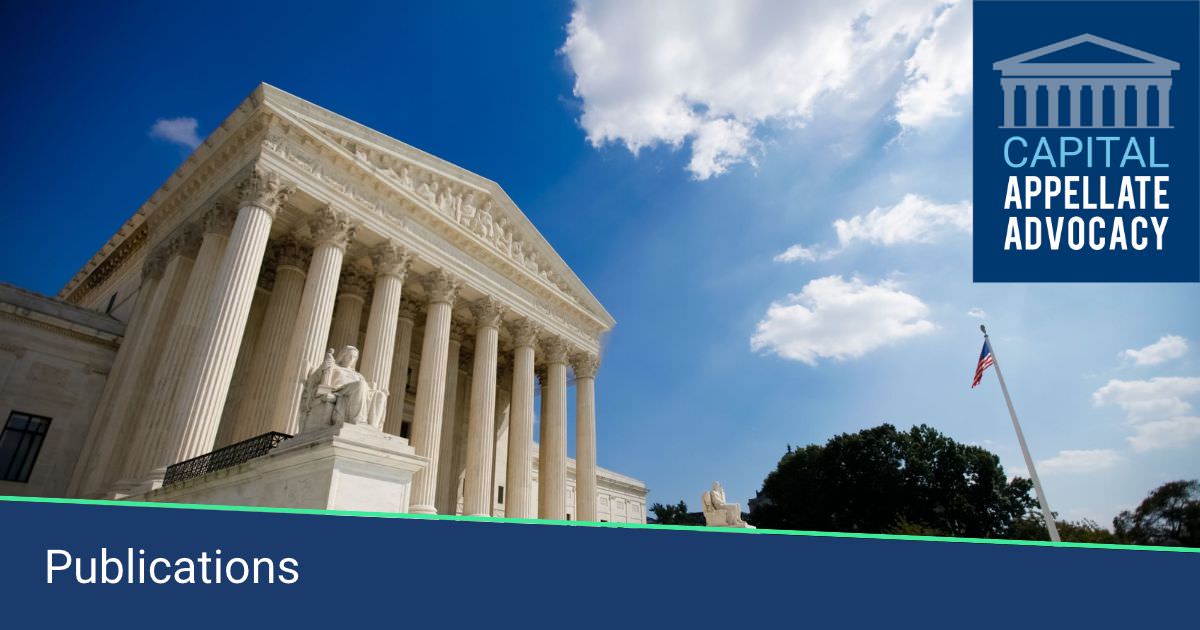The unresolved question debated at the November 1 U.S. Supreme Court hearing in State Farm Fire & Casualty Co. v. United States ex rel. Rigsby, No. 15-513, involves the standard for dismissing a False Claims Act qui tam suit where the relator (i.e., whistleblower plaintiff), or the relator’s attorney, willfully violates the statute’s mandatory seal requirement. See 31 U.S.C. § 3730(b)(2). Some of the Justices’ questions focused on how heavily to weigh the harm, if any, that a particular seal violation actually inflicts on the government, especially in cases where the U.S. Department of Justice’s otherwise confidential investigation of a qui tam relator’s allegations has not been impaired. Seal violations, however, also can harm a qui tam defendant’s reputation, financial position and ability to compete.
In deciding whether to require automatic dismissal of qui tam suits for willful seal violations, or instead, whether to allow district courts to exercise case-by-case discretion regarding what seal-violation sanction to impose, the Supreme Court should consider not only the government’s interests, but also the interests of qui tam defendants — which relators often target speculatively if not unjustifiably.
Click here to read more of my State Farm post-hearing analysis, which appears in November 3, 2016 editions of Law360.

